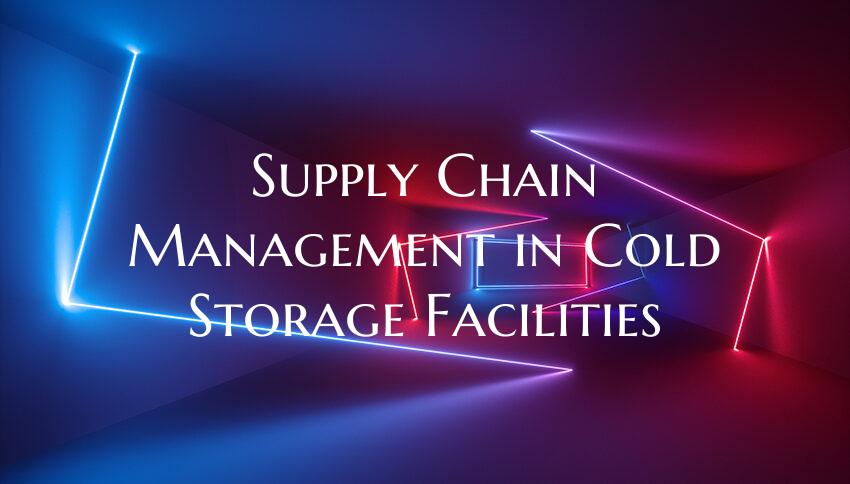Supply Chain Management in Cold Storage Facilities
Cold storage facilities play a crucial role in maintaining the quality and safety of perishable goods such as food, pharmaceuticals, and scientific samples. An efficient supply chain management system is essential to ensure the seamless movement of these goods while maintaining the required temperature control throughout the storage and distribution process. Here are some key strategies to optimize supply chain management in cold storage facilities:
1. Temperature Monitoring: Implementing advanced temperature monitoring and control systems is critical in cold storage facilities. Accurate temperature monitoring helps in ensuring that the stored goods are maintained at the required conditions, thus preventing spoilage or damage.
2. Inventory Management: Proper inventory management practices are essential to prevent stockouts or overstocking in cold storage facilities. Utilizing inventory management software can help in tracking stock levels, expiration dates, and order fulfillment more efficiently.
3. Supplier Collaboration: Building strong relationships with suppliers is vital for effective supply chain management in cold storage facilities. Collaborating with suppliers to establish clear communication channels and standards for delivery schedules can help in preventing disruptions in the supply chain.
4. Optimized Warehouse Layout: Designing an optimized warehouse layout can improve the flow of goods within the facility, reducing the time taken for loading and unloading operations. This layout should consider factors such as the proximity of storage areas to loading docks and the efficient placement of goods based on their temperature requirements.
5. Transportation Management: Efficient transportation management is crucial for the timely delivery of perishable goods from cold storage facilities to distribution centers or end customers. Utilizing refrigerated trucks equipped with temperature-monitoring systems can help maintain the integrity of the products during transit.
6. Quality Control Processes: Implementing rigorous quality control processes at various stages of the supply chain can help in detecting and addressing any issues that may arise, such as temperature deviations or damaged goods. Regular inspections and quality checks are essential to ensure the safety and quality of the stored products.
7. Data Analytics and Forecasting: Leveraging data analytics and forecasting tools can provide valuable insights into demand patterns, inventory levels, and supply chain performance. By analyzing historical data and trends, cold storage facilities can make informed decisions to optimize their operations and improve overall efficiency.
In conclusion, effective supply chain management is essential for the successful operation of cold storage facilities. By implementing the aforementioned strategies, businesses can enhance the visibility, efficiency, and reliability of their supply chain processes, ultimately leading to improved customer satisfaction and business growth.

